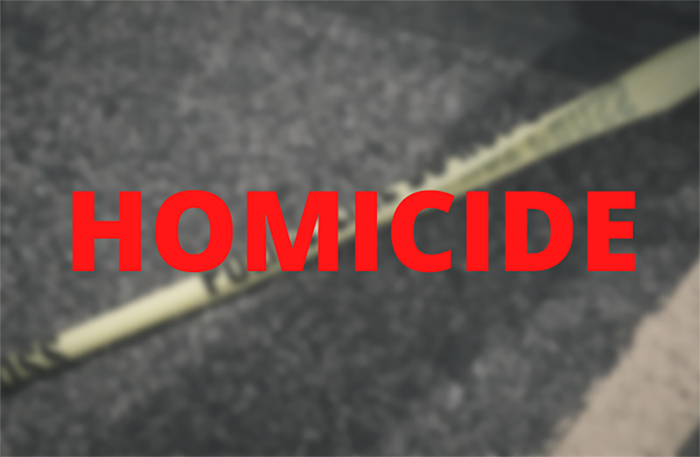
Thank you for reading D.C. Witness. Help us continue our mission into 2024.
Donate NowBy
D.C. Witness Staff
- May 25, 2021
Daily Stories
|
Homicides
|
Juveniles
|
Suspects
|
Victims
|
During a trial readiness hearing on May 25, a DC Superior Court Judge granted a request to delay a juvenile’s trial once again due to evidence delays.
The juvenile is charged with first-degree murder while armed in the shooting of 36-year-old Antonio Gardiner on July 4. Additionally, he has been charged with accessory after the fact, among other charges, in the death of 53-year-old Everett King on July 6.
Previously, on April 20, Judge Andrea Hertzfeld joined the juvenile’s two pending cases, scheduling both to go to trial on June 1.
Defense counsel, Kevin O’Sullivan and Christen Philips, requested a delay in the trial as they are still awaiting results from independent testing of some of the DNA in the cases. Philips requested the trial to begin after June 11, which is when they expect to receive the results.
Judge Hertzfeld granted the motion, but was unable to schedule the trial before July 19 due to scheduling conflicts.
Additionally, a motion from defense counsel requesting an explanation of charges from the prosecution in the juvenile’s accessory after the fact case was denied by the judge.
The purpose of the motion is to inform the accused, the juvenile in this case, of the nature of the charge or charges so that they may prepare well for trial and not be surprised at the time of trial of the facts in their case.
O’Sullivan argued that the affidavit in the juvenile’s accessory case outlines how King died but not how the juvenile was involved in disposing of the firearm or being an accessory to the murder.
The prosecution briefly outlined the case from the report, saying the juvenile was the shooter in King’s death, as well.
O’Sullivan said the report does not put the juvenile on notice as to how he acted as an accessory after the fact in the murder since the prosecution only speaks about him being the shooter. He said the prosecution can’t say he was the shooter and just charge him with accessory. “That’s not how the accessory law works,” O’Sullivan said.
Judge Hertzfeld denied the defense’s motion, saying the purpose of the motion is not to provide the theory of the prosecution’s case but to put them on notice of the facts of the case, which she believes has been done.
At the end of the hearing, defense counsel once again requested the juvenile’s release from the Department of Youth Rehabilitation Services (DYRS), but the request was denied by the judge.
Another hearing was scheduled for June 18 to discuss additional motions, including a Motion for Recusal from the defense. The parties will reconvene then.
Read D.C. Witness’ previous articles on this case.
This article was written by Krystin Roehl
